New Wave Forum: Creators Are Not Product Managers, and Clear Self-Identity Matters!
The New Wave Forum organized by Sina Entertainment and BJIFF was convened in Beijing. With the theme of “Filmmakers Participating in Various Film Festivals”, the forum had Li Ruijun, director of Return to Dust, Yang Lina, director of Song of Spring, and Kong Dashan, director of Journey to the West, sharing their stories about film festivals. Senior journalist He Xiaoqin from Sina Film moderated the forum.
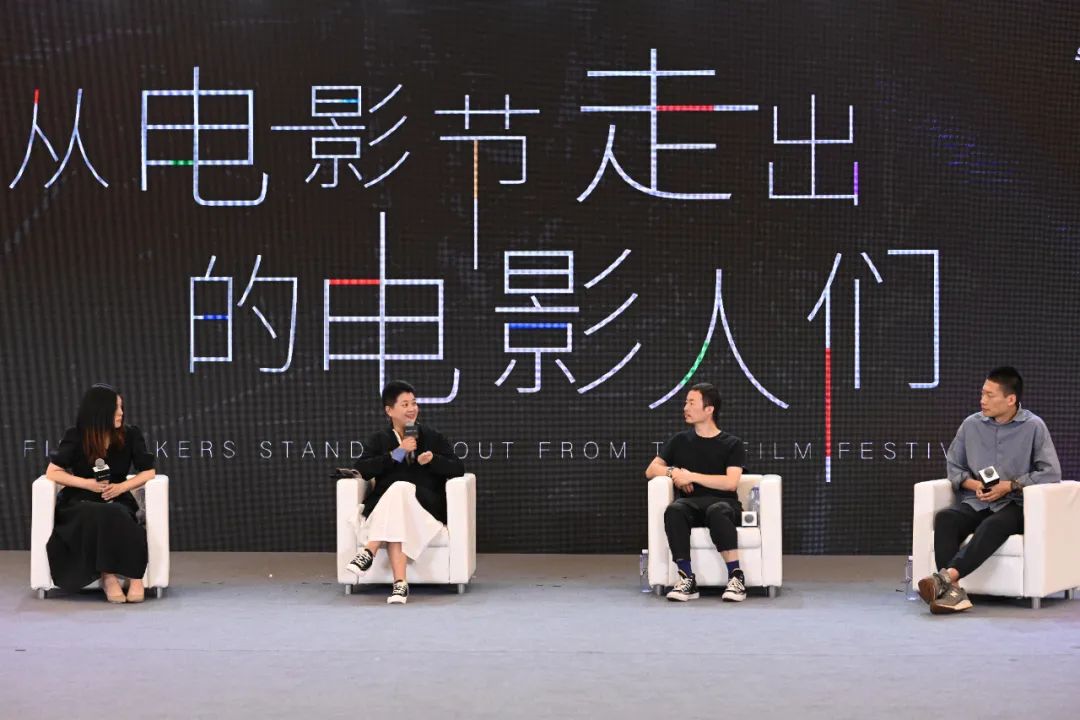
The Festival de Cannes is the most ritualistic, and you’ll continue to make films whether you win an award or not
The forum opened with three directors recalling their memories of attending film festivals. When it comes to the Rotterdam International Film Festival, Li Ruijun remembered there is no red carpet, and it’s more like a film festival for young fans and young directors, “Young directors who went to the festival for the first time were accommodated in the best hotel closest to the Cinema Palace while successful directors were accommodated farther. I think they are trying to treat young directors nicer, and I find it the most touching.” In his view, the Festival de Cannes is the most ritualistic, and it’s like a real festival, “Gentlemen must wear bow ties instead of ties. In the small city of Cannes, you’ll see all gentlemen in suits and ladies in dresses. You cannot tell filmmakers from fans. There are steps on the screen in the credit of the Festival de Cannes. I feel like walking up step by step.”
Yang Lina brought her second film to the International Leipzig Festival for Documentary and Animated Film, “When seeing my film being projected on the screen, discussed and criticized for the first time, I felt that the work I was doing was particularly meaningful.” She also admits that when she was young, she couldn't answer many of the questions asked by the audience, such as whether she looked at films from a feminine perspective. It’s been years, and she finally understand what they mean.
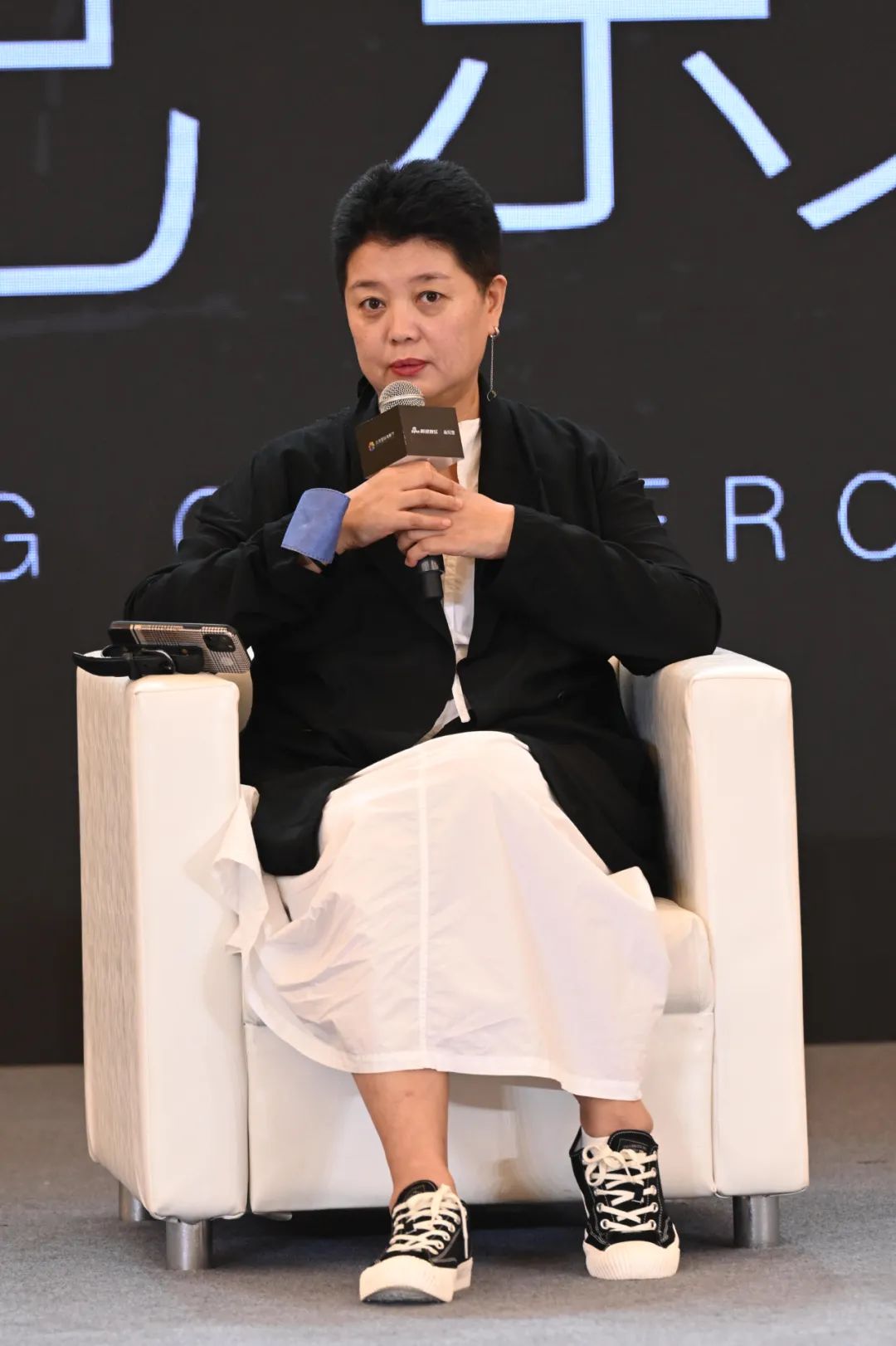
At the 12th BJIFF, Journey to the West becomes a hit film whose ticket is very hard to grab. Director Kong Dashan recalled when he took the film to the Pingyao Crouching Tiger Hidden Dragon International Film Festival (PYIFF), he had the most unforgettable standing ovation of his life, “I remember at the first screening in Pingyao, there was a scene where the whole audience applauded. I was especially moved because I thought the scene was the real climax when I was writing the script and preparing for the making. And the artist said the scene is worth thunderous applause when it’s shown in cinema.”
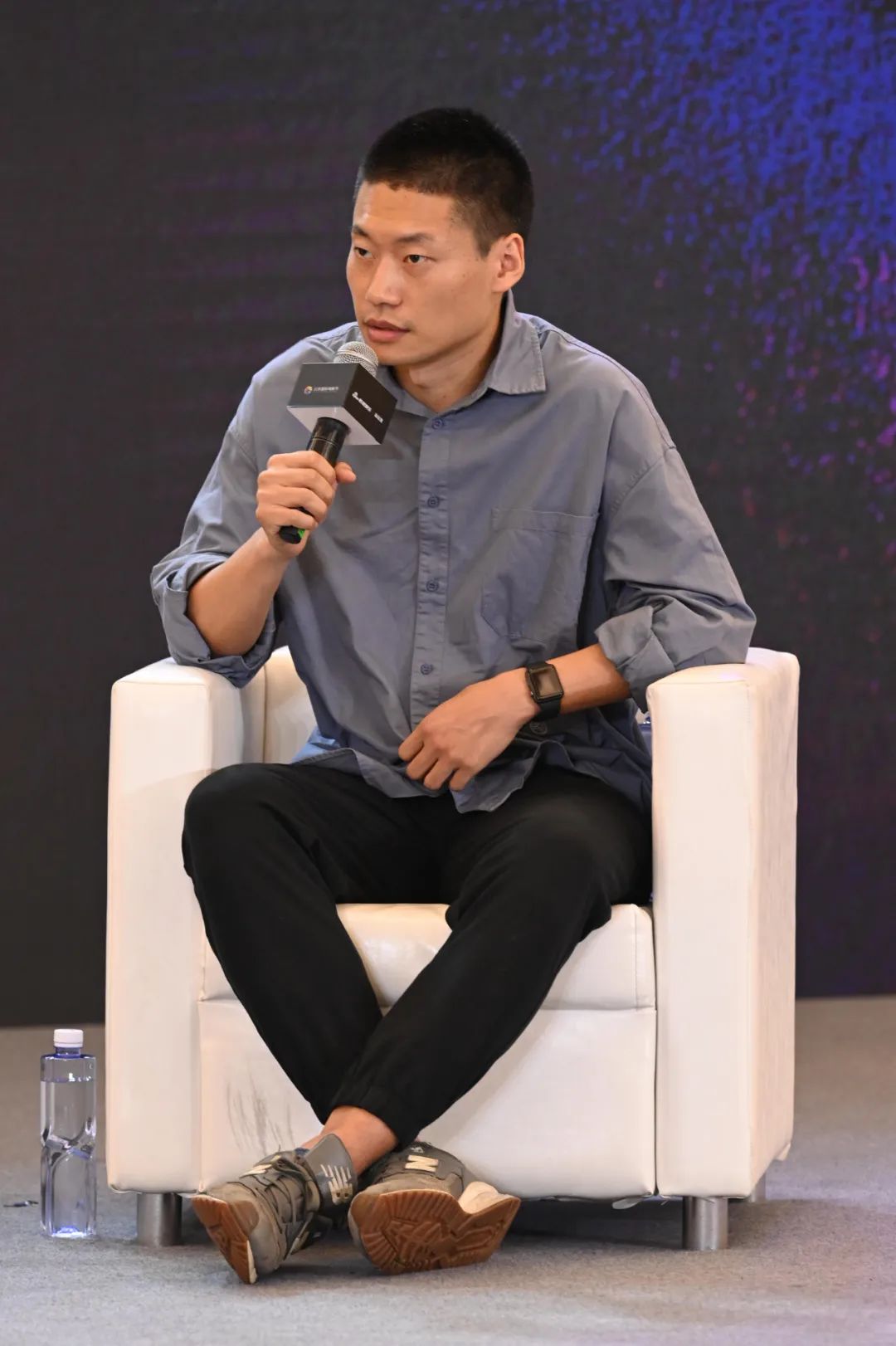
With respect to importance of the film awards in creators’ view, three directors have their own answers. Yang Lina found herself competitive when she was young, “I wouldn’t be convinced if I lose.” Now in her 50s, she’s more at peace, “Because sometimes other people's works are just better than yours. When you lose and you are convinced, you’d feel happy for those standing on stage. Besides, losing doesn’t mean your work is not good enough.” Li Ruijun had many disappointments related to film festivals, “But you feel it’s worth it when the audience encourages you. Luck matters when it comes to award winning. Because winners are all judged and determined by people. You have no idea what jury members’ preferences are. I think we should continue to make films no matter if we win or lose.” Kong Dashan thinks it is both important and unimportant to win awards, “It is important when you wish to attract the audience’s attention. It doesn’t matter when I complete a film and I’ve finished self-identifying with it. There is nothing I can do if the audience doesn't like it.”
Casting Hai Qing in Return to Dust is a gesture for gratitude, and the film market should be more diversified
In terms of whether directors should think like product managers from film creation to market release, Li Ruijun indicated that he would explain to investors in the early stage about the possibility of losing money, “It’s about whether we can still be friends after losing money. If not, we’d better be friends rather than business partners.” The recently released marginal arthouse film Return to Dust presents the tough yet warm-hearted life journey of a rural couple in northwestern China. According to Li Ruijun, the screening percentage was 2.2% on the first day of release, 0.4% on the third day, and it’s been 0.1% recently, “We do have to face the cruelty of the market, but we also give peers who wish to make the same genre hope and show them possibilities”.
When it comes to why he cast Hai Qing, Li Ruijun explained that it was not about star appearance for market’s sake, but gratitude for her help, “I have always felt that I want to do something for her. She is not short of money. After I completed the script, I considered about casting two professional actors or two amateur actors for the leading roles. Then I thought of Hai Qing, and the year she spoke at FIRST about the plight of middle-aged actresses. I also think she is suitable for the role with adequate life experience. So I decided to ask her first. If she agrees, it’s her role. If not, I’ll cast amateur actors.”
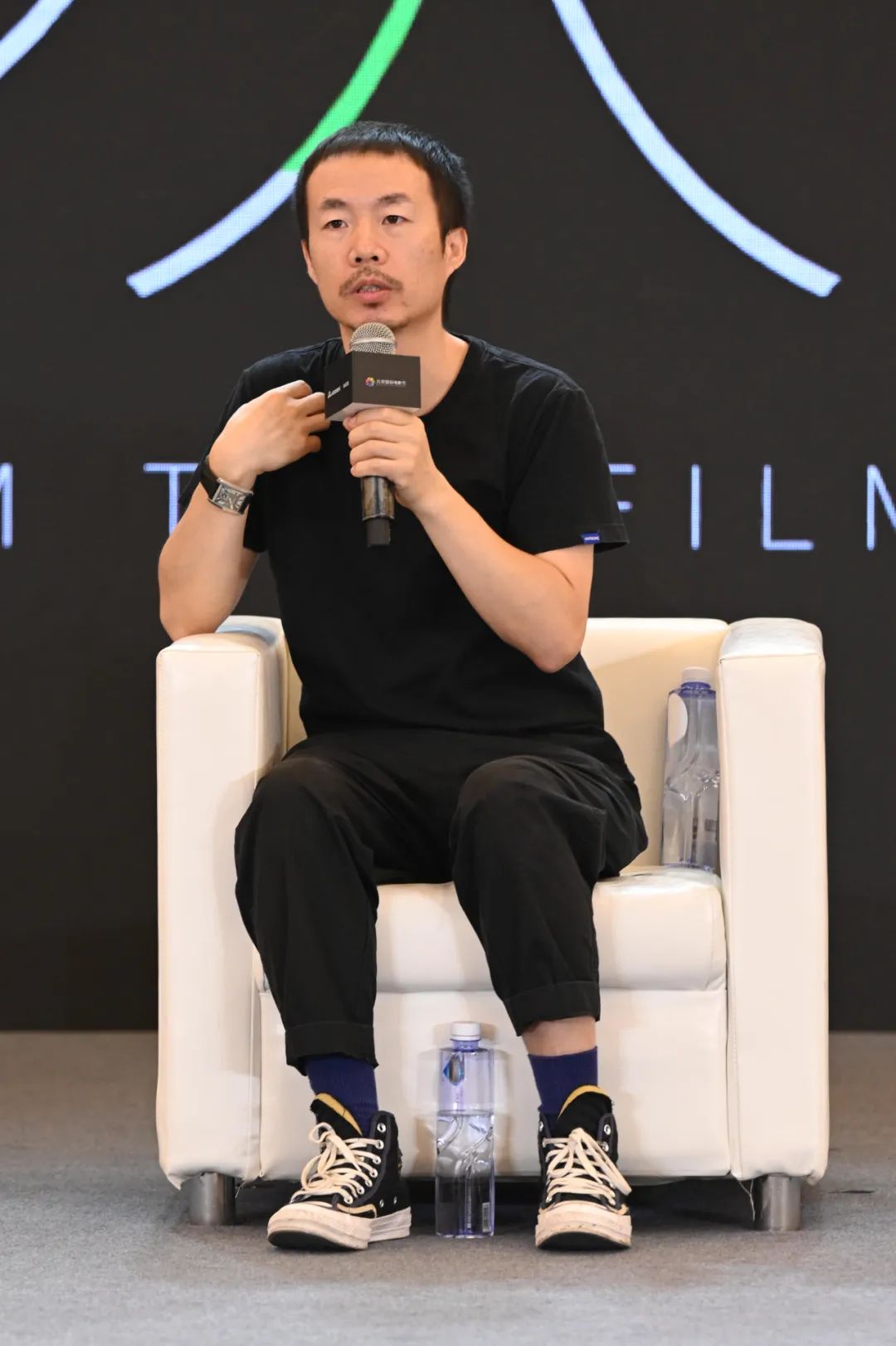
Kong Dashan also denied the mentality of a product manager. He told director Frant Gwo what he wanted to shoot. From the thousand-character synopsis of Journey to the West on, nobody intervened or asked him to add any elements, “I wrote the screenplay as per my preferences and interests. Their opinions are not market-driven. It’s more about details of the project that make it more complete.” He humbly said that the film was favored by many top companies “because of director Frant Gwo. It has nothing to do with me”. Yang Lina is completely new to the concept of “product manager”, “Nowadays, you can find a very trustworthy producer for filmmaking, and commission a distribution company to help it enter the market based on their experience. As the investment company invests you, you should be able to return their trust. I am eager to talk to the audience.”
The gap between the artistic and director-as-author nature of films and understanding and acceptance of the audience is worth attention from creators. Li Ruijun deconstructed differences of arthouse films and commercial films, “Arthouse films are like a communication mechanism, through which creators and audience communicate with each other on equal footing. As for commercial films, it’s more like a service mechanism. You have to learn about the audience first.” Meanwhile, he called for diversity of films on the market, “The audience doesn’t know there are many genres of films. Most of them treat film as a service mechanism. But it’s not. Apart from entertainment and business, there are various genres. The arthouse films include many categories, such as experimental and realistic ones. Our perception of cinema is relatively limited to a narrow circle, which leads to inequality.”
In Yang Lina’s view, filmmakers are responsible for making more diversified films to be watched by the audience, “I think all groups of audience are good because they are fairly good and picky with expectations. So filmmakers should raise standards and requirements for themselves.” While creating Journey to the West, Kong Dashan reviewed the work from perspective of the audience, “I’ll put myself in audience’s shoes, and think if I would like the scene or understand it. I will check if the message of the scene gets across. I am of course part of the audience. I keep reflecting on my works as a creator. I think films or artworks are about message delivery. By means of audiovisual language, films deliver messages. As long as the message is delivered, I’m OK with it.”
In respect to familiar project pitching at film festivals, and how newcomer directors can acquire more industry and financial support, Li Ruijun shared his own experience, and expressed that project pitching is a good way to achieve dreams, “When I made my first film and participated in film festivals, I didn’t know anyone from big companies. The project pitching is a great choice since it gathers big companies. If your project is good, the big companies sitting in the audience will approach you. Previously, you may have tried to approach them but got denied because they didn’t know you. In this sense, project pitching is very good. It’s great for newcomer directors. For one thing, you can quickly let them know what you are doing, and for another, if your project is pretty good, you may have the opportunity to know professional filmmakers and film companies and see if you can cooperate with them in your project.”
Yang Lina encouraged young creators to be brave and talk to the world, and keep a good creating state. Young creators can submit their projects to all kinds of project pitching platforms. Currently, there are more open project pitching platforms, and young creators are increasingly competitive. It’s not easier than before. But “If you keep creating, you’ll be noticed.”
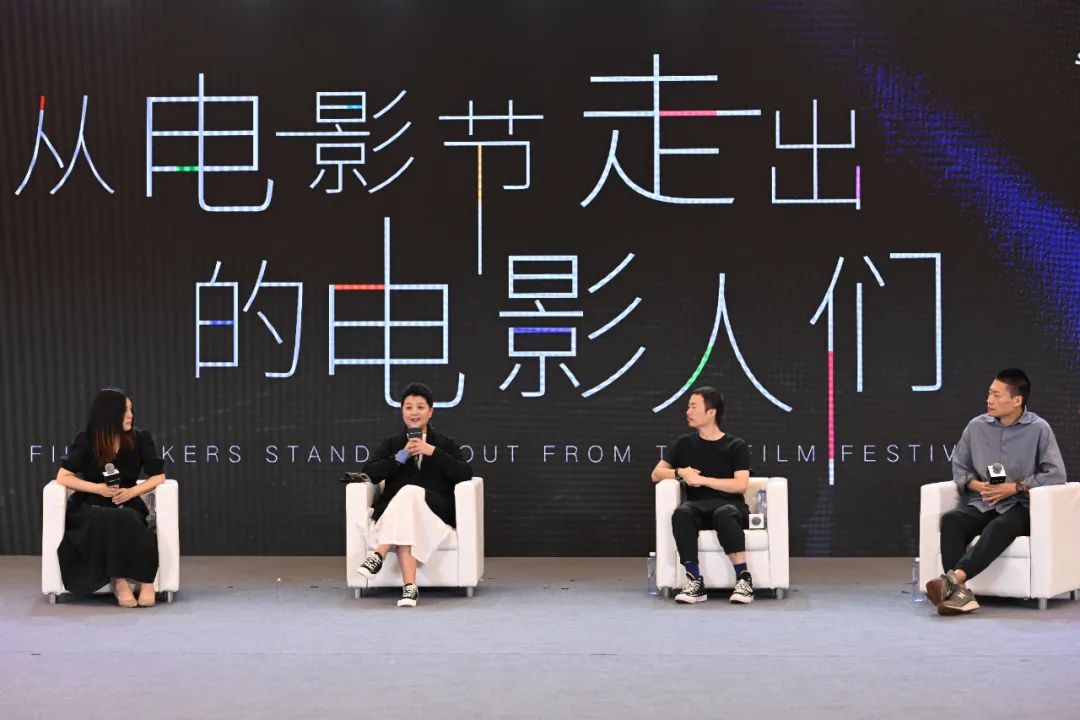
In the final Q&A part, when it comes to how young creators can explore and define their filmmaking roadmap, Li Ruijun thought self-identity matters, “Some creators may tend to be interested in the thriller genre, then go for it. If you are more interested in martial arts or documentaries, go for it. I think you have to ask yourself about creating. It’s just like dating, go for the one you like. In this way, you have the answer in your heart.” He also advised that creators may experiment with short films to see what they find more suitable and easier with a higher degree of completion. Yang Lina also believed that creators should follow their heart, “Especially your first and second works. Ask yourself what you want, and act without hesitation. Don’t get hesitant because of other elements. We are all like that.”
